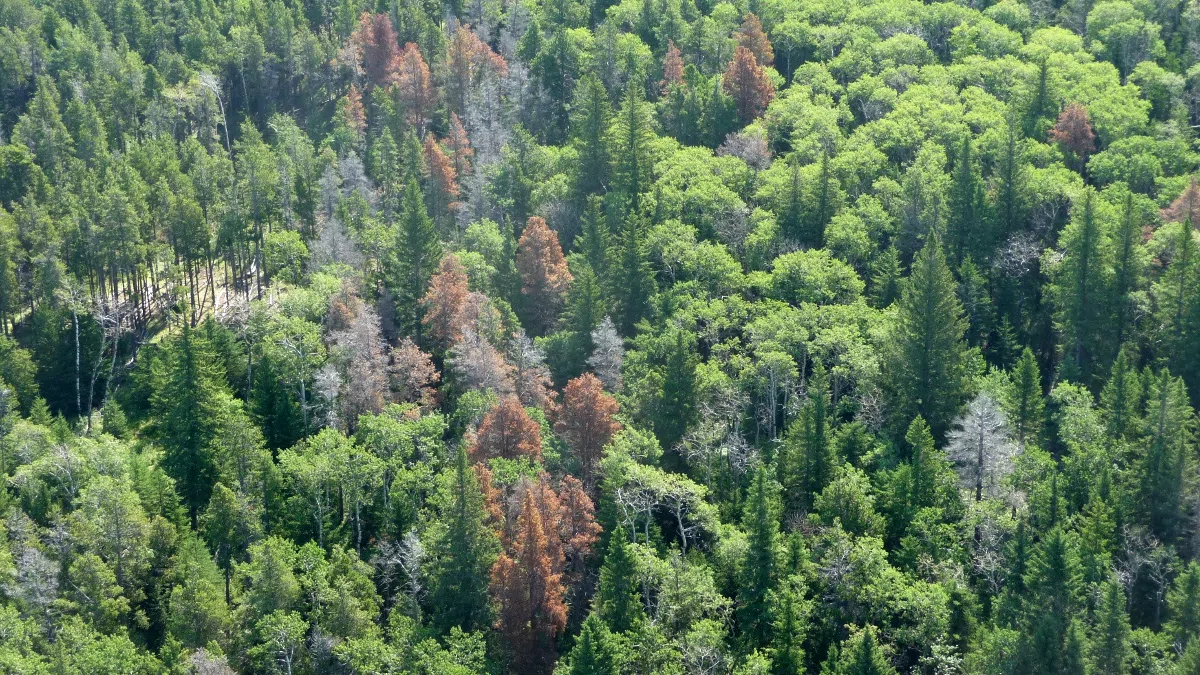
New research heightens concerns about destructive beetle
New research about a destructive beetle decimating forests in Western Canada is raising fears here in Saskatchewan.
Scientists say the Mountain Pine Beetle have successfully made the transition from Lodgepole Pine to Jack Pine, which could spell bad news for this province.
Rod Thompson with the ministry of environment said the science confirms what they had long feared.
“If the beetle can establish itself in this type of forest ecosystem, then the threat of the kind of damage that has happened in the B.C. and Alberta is also a potential for the rest of Canada,” said Thompson, who manages the forest practices and science unit of the Saskatchewan forest service.


